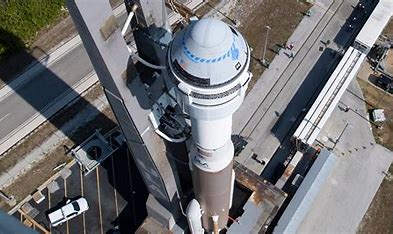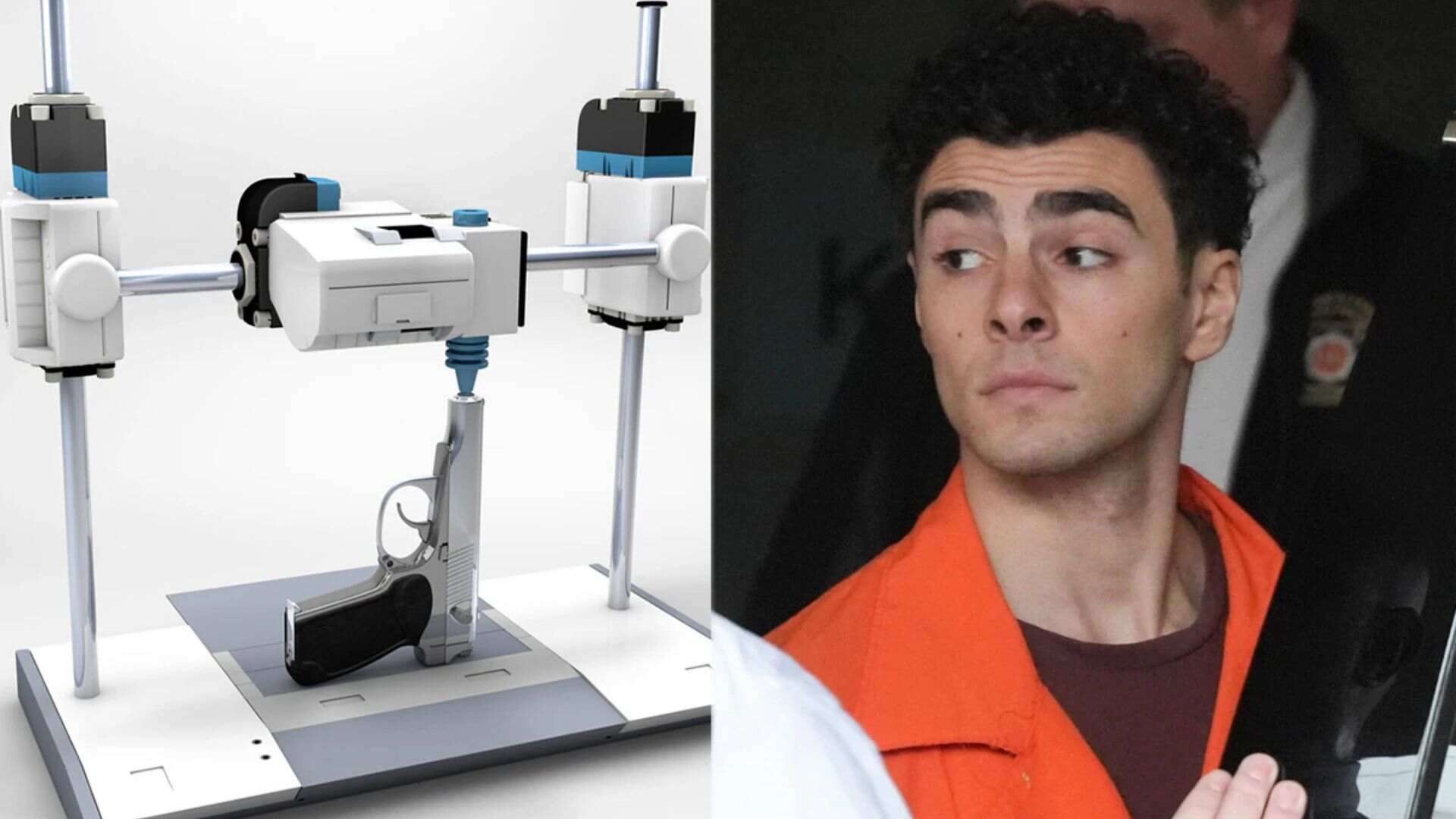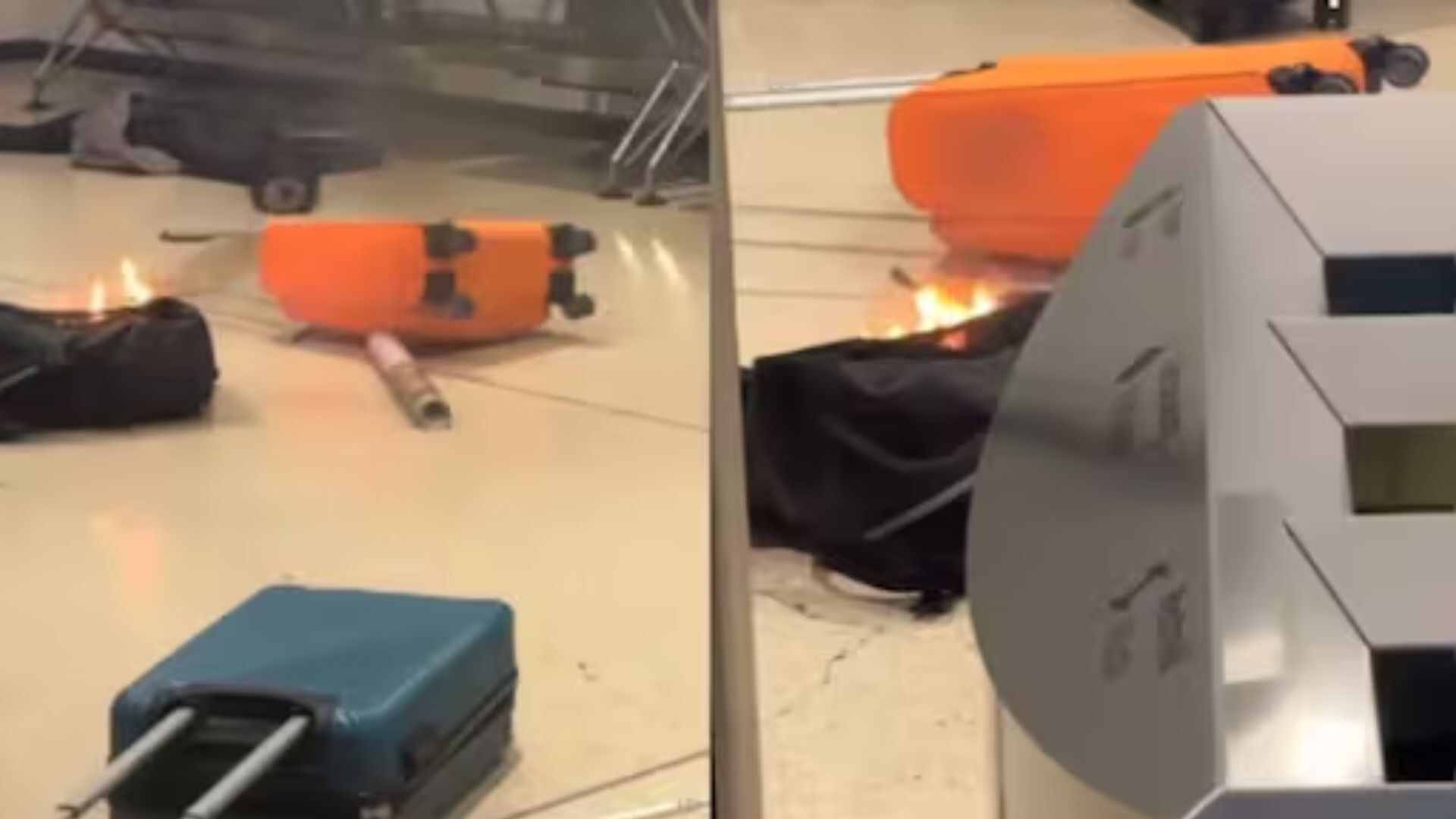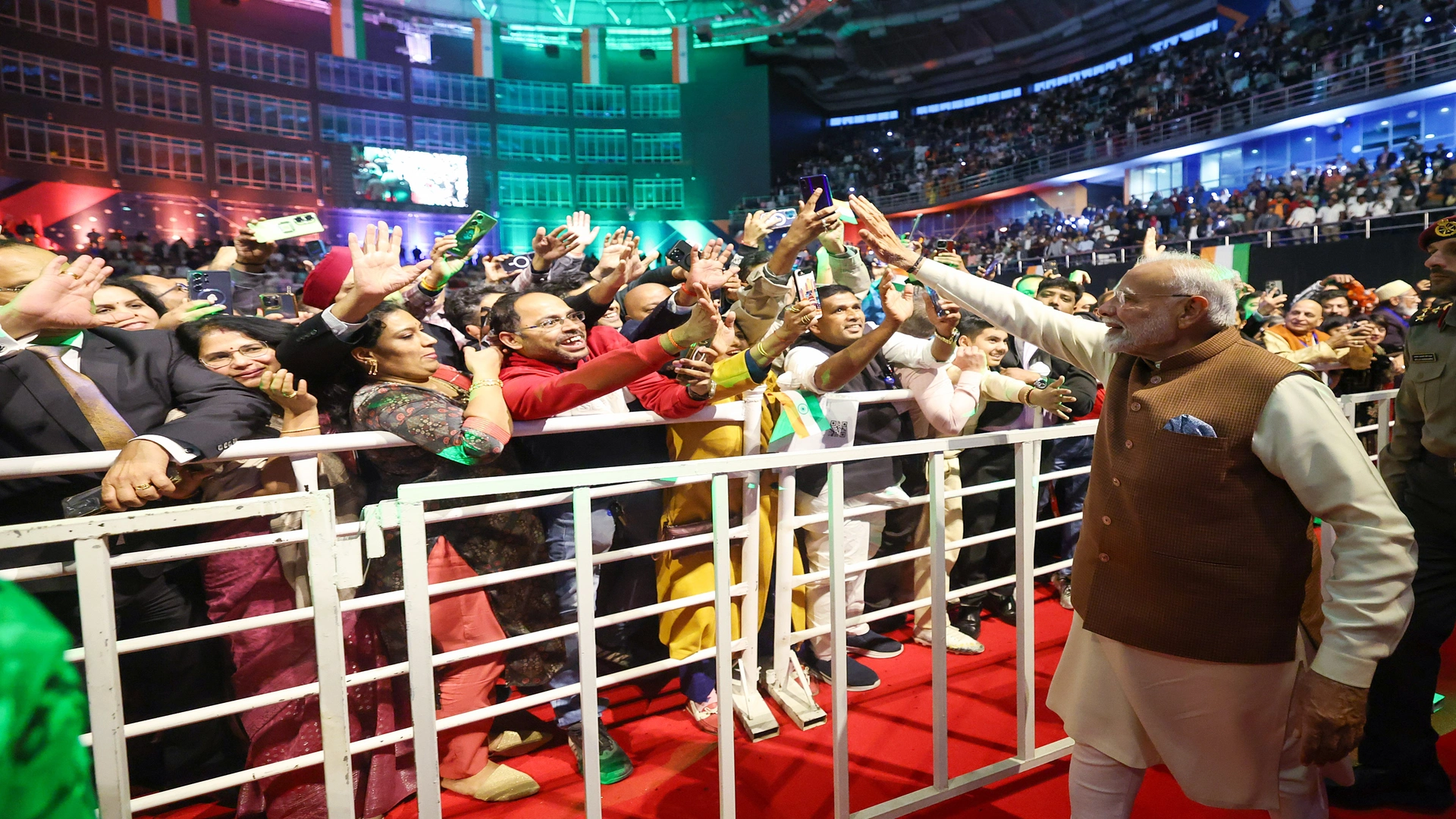Boeing’s Starliner spacecraft, which returned without astronauts Sunita Williams and Butch Wilmore, has sparked fresh concerns about the future of the company’s involvement in space missions. The spacecraft touched down at White Sands Space Harbor in New Mexico on September 6, following a three-month delay. However, NASA’s decision to send the capsule back without the astronauts has further strained the relationship between Boeing and NASA.
NASA Picks Boeing and SpaceX for Space Missions
A decade ago, NASA selected Boeing and SpaceX to transport US astronauts to the International Space Station (ISS). While SpaceX has completed several successful crewed missions, Boeing has yet to achieve a fully successful round trip. The Starliner program has faced multiple delays and hardware issues, adding to Boeing’s challenges in the space race.
NASA-Boeing Rift Deepens
Tensions between Boeing and NASA became more apparent when Boeing representatives were notably absent from NASA’s post-landing briefing on September 7. While NASA officials discussed the mission’s outcome, Boeing’s silence raised eyebrows. A NASA spokesperson confirmed they had discussed the mission with Boeing beforehand, but the company chose not to attend the briefing.
Insider reports suggest that Boeing was unhappy with NASA’s decision to return the spacecraft without its crew. Despite Boeing’s reassurances about Starliner’s safety, NASA officials were reportedly frustrated, accusing the company of being “irresponsible.”
Boeing’s Future in Space
Boeing’s future in manned spaceflight remains unclear, especially as the ISS is set to retire in 2030. According to aerospace analysts, Boeing’s space program has suffered significant financial losses, with cost overruns totaling $1.5 billion. Some experts speculate that Boeing might exit the space program altogether, as SpaceX continues to outperform it in space missions.
Despite these challenges, Boeing has expressed confidence in the Starliner program. Mark Nappi, Boeing’s Commercial Crew Program manager, praised the Starliner team’s efforts and assured that Boeing is committed to NASA’s mission. However, with mounting financial losses and growing tension with NASA, Boeing’s future role in space exploration remains in question.







